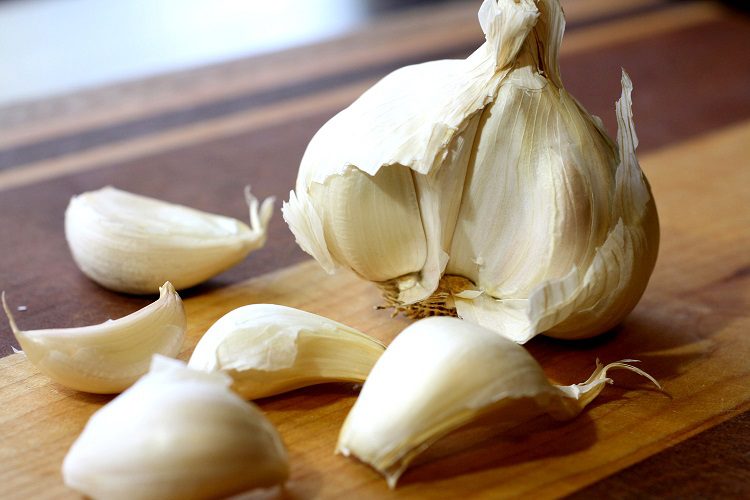Eating with all your senses
March 30, 2022 by DarcieFor some Covid sufferers, the loss of their sense of smell was one of the most persistent and discouraging results. My neighbor could not smell anything for months after her coronavirus infection, and when the sense started to return many things smelled strange. Potent items like garlic had a horrible smell that I won’t describe lest you get put off whatever you might be eating. Over a year later, her olfactory sense has improved but is not back to normal. It bothers her because she obtains less enjoyment from cooking and eating than she did prior to her illness.

Smell is important to obtaining pleasure from eating, but that is not the only purpose of the sense, which likely evolved to help us avoid spoiled food. Sight, touch, hearing, and taste also play roles in eating, but Bee Wilson says we have abdicated many of our senses to the food industry. She explores this topic in a lengthy discussion of how humans have lost their sensory connection to food.
“No human activity is more multi-sensory than eating, but to eat in the modern world is often to eat in a state of profound sensory disconnect,” writes Wilson. We no longer rely on our noses to tell us if the milk is sour, instead judging its freshness with the ‘best by’ dates on the carton. This disengagement begins in our earliest food moments, with parents relying on pureed baby food sold in jars or pouches. According to nutritionists, “eating purees from a pouch does not help children to get accustomed to the tastes and textures of real food.” They have no way to connect a glop of orange puree to a whole carrot.
Although we have willingly divorced many of our natural senses to food companies, Wilson says we can reclaim them. She notes that Diana Henry’s 2014 book A Change of Appetite shows one way to return to a more sensory-filled approach to cooking and eating. Wilson also believes that people returning to more home cooking during the pandemic created a shift in how we experience food in more of a wholesome state. She thinks that sensory food education in schools can spark or reclaim kids’ connection to foods as well.
Categories
- All Posts (6940)
- Antipasto (2135)
- Author Articles (247)
- Book News (935)
- Cookbook Giveaways (983)
- Cookbook Lovers (257)
- Cooking Tips (109)
- Culinary News (299)
- Food Biz People (552)
- Food Online (791)
- Holidays & Celebrations (272)
- New Cookbooks (149)
- Recipes (1500)
- Shelf Life With Susie (231)
- What's New on EYB (133)
Archives
Latest Comments
- kmwyman on Rooza by Nadiya Hussain – Cookbook Review and Giveaway
- Maryd8822 on The Golden Wok – Cookbook Giveaway
- Dendav on Danube Cookbook Review and Giveaway
- sanfrannative on Rooza by Nadiya Hussain – Cookbook Review and Giveaway
- darty on Danube Cookbook Review and Giveaway
- Atroyer7 on Danube Cookbook Review and Giveaway
- demomcook on What foods do you look forward to the most for each season?
- demomcook on Danube Cookbook Review and Giveaway
- Darcie on How cookbooks can help build resilience
- mholson3 on Danube Cookbook Review and Giveaway